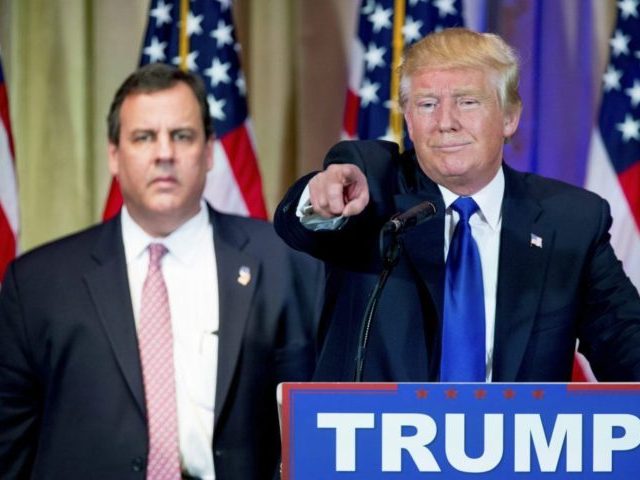The peaceful transition of power between presidential administrations has long been a hallmark in American politics, even between presidents of different political parties. Although many Americans closely follow presidential campaigns and elections, few know what happens behind the scenes between a major party’s convention, when a candidate becomes the party’s presidential nominee, and Inauguration Day, when a new president takes office.
Presumptive Republican nominee Donald Trump has already announced that New Jersey Governor Chris Christie will run his presidential transition team, along with his son-in-law, Jared Kushner. The new president will be immediately responsible for the national security of the country. In addition, history has shown that the first few months of a new presidency can be the most effective time to enact new policies that fulfill promises made during the campaign. To accomplish these goals, the president will need to fill many key positions in his or her administration.
In fact, there are over 4,000 political appointment positions for the president to fill. For example, in order to enact the immigration policies set forth in his campaign, Donald Trump will require at the very least a Homeland Security Secretary and a Mexican Ambassador lined up for confirmation, as well as numerous other government appointees.
While previous presidential candidates were often criticized for being presumptuous for setting up a transition team before they were even elected, Congress enacted two major changes to the presidential transition procedures in 2010 and again in 2015 to encourage candidates to get an earlier start and to lessen criticism for doing so.
Prior to this change, new presidents often found themselves scrambling to fill key executive branch positions by Inauguration Day. For example, in 2008, President Obama only had a handful of candidates prepared for Senate approval, causing the administration to play catch up throughout the beginning of his term.
So how does a newly elected president successfully make the transition from candidate to president? Governor Christie and his team are likely working now on identifying potential nominees for cabinet positions and other important positions within the new administration. The candidates for these positions will be carefully vetted by the transition team.
The vetting process may include a security clearance background check, an evaluation for conflicts of interest, a review of the last several years of a candidate’s tax returns, a review of any assets held by the candidate, a review of any foreign travel and conflicts, and a detailed interview regarding any other aspects of the candidate’s personal and professional life that may impede the ability of the candidate to be confirmed by the Senate.
Governor Christie’s team will then have to decide whether to move the candidate forward as a prospective nominee, or whether any of the issues identified would cause them to reconsider a candidate and select an alternative candidate.
Those who have served in previous government positions may already have undergone an FBI background investigation and will have this information readily available. However, if Donald Trump is elected and selects outsiders to the government to serve in his administration, it may take more time for those individuals to gather the requested information.
Prospective candidates interested in serving in the new administration should be prepared to start the vetting process, by collecting and evaluating the information that the administration will likely request and consulting with a seasoned professional who has experience assisting candidates through the vetting process. Hopefully, the additional time allowed under Congress’s changes to the law will help the next president make a smooth transition into office.
Robert Rizzi is a partner in Steptoe & Johnson’s Washington, D.C., and New York offices, and co-chairs the firm’s tax practice. Carina Federico is an associate in Steptoe & Johnson’s Washington, D.C. office in the firm’s tax practice.

COMMENTS
Please let us know if you're having issues with commenting.